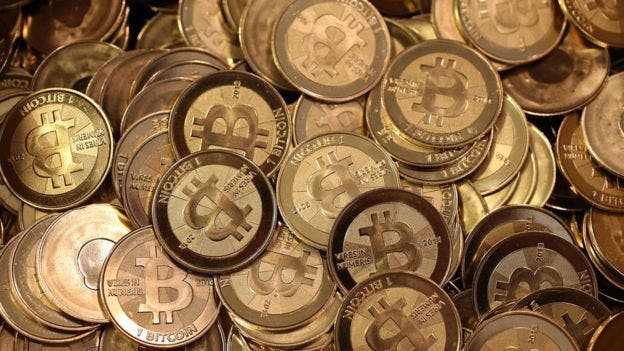A senior Indian government official revealed that the country is planning to introduce a law banning cryptocurrencies. In addition, it will penalize anyone who trades or even holds such digital assets in the country. This will affect millions of influxes from Indian investors in this hot sector. The official claims that the new legislation will be one of the most stringent laws against cryptocurrencies in the world.

The Asian country will criminalize possession, issuance, mining, trading, and transfer of cryptocurrencies. This move is in line with an agenda of the Indian government in January, which called for the prohibition of private virtual currencies such as Bitcoin. It will also establish a framework for the issuance of official digital currencies.
However, in order to appease cryptocurrency investors, there will be a period of grace. After the bill pass (if it succeeds), there will be a maximum of six months to liquidate. After this six months period, violators will start facing multiple punishments.
The government led by the Indian Prime Minister, Narendra Modi, has a majority of seats in the parliament. Thus, this bill is likely to pass seamlessly.
India to be the first to ban cryptocurrencies
If this ban becomes law, India will become the first major economy in the world to criminalize the possession of cryptocurrency. Many Indian officials call cryptocurrency a “Ponzi scheme,”. The Reserve Bank of India is also worried that cryptocurrency poses a risk to financial stability.
However, despite the Indian government’s threat to ban, cryptocurrency trading volume is still surging. According to industry estimates, 8 million investors in India now hold 100 billion rupees (approximately $1.4 billion) of cryptocurrency.
In 2019, a government evaluation team in India recommended that anyone who mines, issues, holds, sells, transfers, or trades cryptocurrencies should be sentenced to up to 10 years in prison. However, the above-mentioned officials refused to disclose whether the new bill includes imprisonment and fine penalties, and refused to provide more details. According to the Indian government, the discussion is currently at the final stage.
The Indian government is not the only country to have reservations about digital currency. Presently, the Nigerian government prohibits commercial banks from transactions that involve cryptocurrencies. Furthermore, an Australian regulator believes that 60% of financial crimes in the country have links to cryptocurrencies. If the Indian ban pulls through, it wouldn’t take long before other countries will begin to ban this digital currency.





